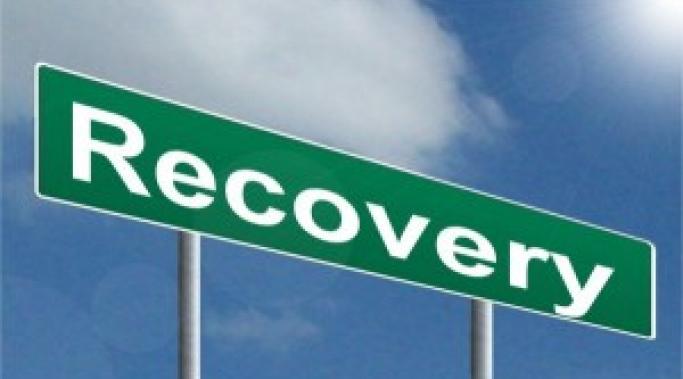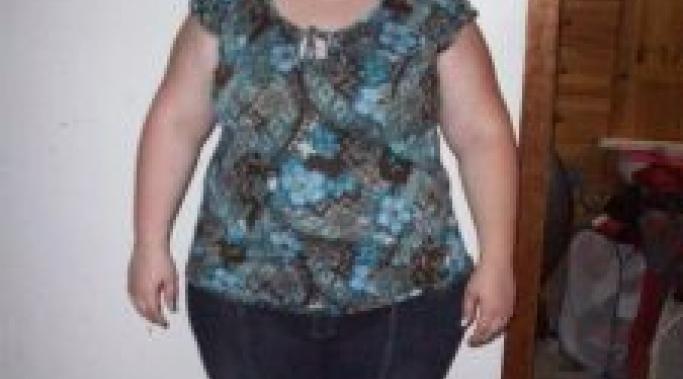I've recently encountered a new form of body shaming and this time, it's body shaming of my old binge eating disorder body (No Body Is Perfect: Body Image and Shame). When you have an eating disorder, like binge eating disorder, it can drastically impact how your body looks. At the height of my eating disorder I was 315 pounds and a size 24. I'm now around 210 pounds and a size 14. Needless to say, I look very, very different these days. Recently, I got into a conversation with someone who felt it was appropriate to act as if I am a different person and body shame this older version of me (Binge Eating Disorder And Body Shaming).
Binge Eating
I recently had someone question me as to why I write about binge eating disorder when all I have in relation to binge eating disorder is personal experience. I'm not a doctor, an eating disorders expert, a binge eating disorder therapist or a sociologist. So why should anyone listen to me when I talk about binge eating disorder? I asked them, "Would you rather be in the passenger's seat with someone who has studied driving for 12 years or someone who has been driving for 12 years?" I have binge eating disorder personal experience.
I talk about a lot of sad things related to binge eating disorder on my blog, but this post is about a binge eating recovery victory. I turn 30 on September fifth, and I want to wear a dress for my birthday dinner. But not just any dress. A dress I've been waiting to wear for 6 years. And on September fifth, I'm going to wear it.
I have binge eating disorder and I recently recovered from surgery. So how does one impact the other? How are things different when you have an eating disorder and you go through surgery recovery? Why would these two, separate things be related at all?
I find it annoying to no end when someone thinks they know my binge eating disorder, all by looking at my body, seeing me eat, or reading a blog article about my struggles. It never fails that someone gains a superficial amount of knowledge about me and decides that they know everything there is to know about me and my binge eating disorder. It would be wonderful if we could know all there is to know about a person based off of a few facts about them, but we can't. No one can. No one knows someone else's entire history based off of a few interactions with them.
Staying body positive when you have binge eating disorder can be difficult. I have binge eating disorder and it has hugely impacted what my body looks like and how I feel about it. I have starved myself to 160 pounds, I have binged myself to 315 pounds, and I currently sit at a comfortable 210 pounds after gastric sleeve weight loss surgery and a lot of education about health and self-acceptance. I'm doing my best to be body positive in spite of binge eating disorder.
If you have binge eating disorder then you know compulsive hunger. This is not just hunger. It's binge eating disorder's hunger. This need to eat is not average, normal, or everyday. It's an insistent, controlling, demanding order to eat food and not stop. Compulsive hunger is part of binge eating disorder.
Skipping meals is something that a lot of people do but skipping meals when you have binge eating disorder is not going to help you manage the disease. It seems like everyone has to skip a meal at one time or another, whether they're incredibly busy or they just forget to eat. But skipping a meal when you have binge eating disorder, as a long-term habit, is going to harm your body, not help it.
No matter who you are, whether you have binge eating disorder or not, you have witnessed or been the victim of body shaming. When you have binge eating disorder, however, body shaming can become internalized and a deeply-seated part of your illness. Body shame is everywhere in society and generally accepted when it comes to discussing larger bodies. But all hope is not lost.
How does alcohol impact binge eating disorder? How does binge eating disorder impact your alcohol intake? This is going to be different for all individuals. However, psychiatric illnesses sometimes come with an increased risk of addiction. This risk can become even higher if there is a comorbidity with other diseases. But when you have binge eating disorder, drinking alcohol to cope with food anxiety can be a problem.









